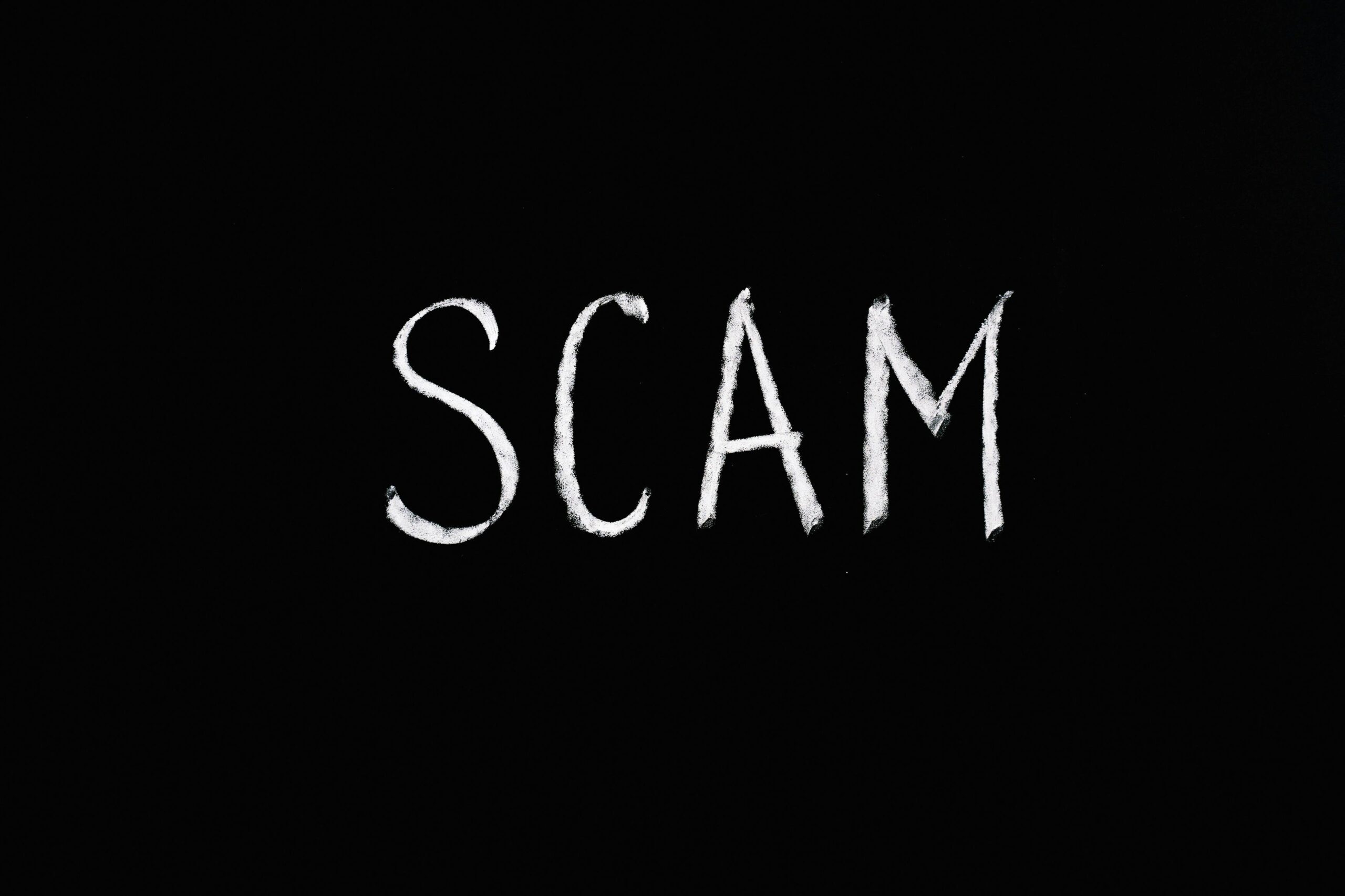In recent months, Wisconsin residents have been targeted by a sophisticated scam impersonating Best Buy’s Geek Squad, prompting local law enforcement to issue warnings. The scam involves fraudulent emails and phone calls designed to extract personal information and money from unsuspecting individuals.
The Scam Unveiled
Victims receive unsolicited emails or calls claiming that their Geek Squad subscription is about to renew at a substantial cost. These messages often state that if the recipient wishes to cancel the renewal or dispute the charge, they must contact a provided phone number immediately. Once engaged, the scammers request remote access to the victim’s computer, ostensibly to assist with the cancellation process. This access allows them to install malicious software, steal personal information, and, in some cases, manipulate the victim’s online banking to appear as though an over-refund has occurred. The scammers then pressure the victim into returning the non-existent overpayment, often through untraceable methods like gift cards or cryptocurrency.
Local Incidents and Law Enforcement Response
In Milwaukee, the police department has reported multiple cases where residents were defrauded through this Geek Squad impersonation scam. One notable incident involved a woman who lost $4,000 after scammers convinced her to purchase prepaid gift cards and relay the card numbers over the phone. Detective John Milotzky of the Wauwatosa Police Department highlighted that the scam’s sophistication has increased, with perpetrators creating fake pop-up windows to deceive victims into believing they owe money.
National Trends and Federal Actions
The Federal Trade Commission (FTC) has recognized the growing prevalence of tech support scams, including those impersonating Geek Squad. In response, the FTC has amended its Telemarketing Sales Rule to extend protections against these scams. Previously, the FTC could only act against scammers who made unsolicited calls to consumers. The new amendments allow the FTC to take action even when consumers initiate contact, having been deceived by fraudulent emails or pop-up messages. This change aims to curb the tactics of scammers who trick individuals into believing their computers are compromised, leading them to seek fake tech support services.
Recognizing the Red Flags
To protect themselves, consumers should be vigilant for common indicators of such scams:
-
Unsolicited Communications: Receiving unexpected emails, texts, or calls about subscription renewals or technical issues should raise suspicion.
-
Urgent Language: Scammers often create a sense of urgency, pressuring victims to act quickly without due consideration.
-
Requests for Remote Access: Legitimate companies typically do not request remote access to your computer unsolicited.
-
Unusual Payment Methods: Demands for payment via gift cards, cryptocurrency, or wire transfers are common tactics among scammers.
Protective Measures
Consumers can adopt several strategies to safeguard against these scams:
-
Verify Communications: Contact the company directly using official contact information found on their legitimate website, rather than using contact details provided in unsolicited messages.
-
Avoid Clicking on Suspicious Links: Do not click on links or download attachments from unknown or unsolicited emails, as they may contain malware.
-
Use Security Software: Ensure your computer has up-to-date security software to detect and prevent potential threats.
-
Educate Yourself: Familiarize yourself with common scam tactics and stay informed about the latest fraud schemes.
Reporting Scams
If you believe you’ve been targeted by a scam, it’s crucial to report the incident promptly:
-
Local Law Enforcement: Contact your local police department to file a report.
-
Better Business Bureau: File a complaint with the BBB to alert others and assist in tracking scam trends.
Conclusion
The rise of Geek Squad impersonation scams in Wisconsin underscores the importance of consumer vigilance and awareness. By recognizing the signs of such fraud and taking proactive measures, individuals can protect themselves from falling victim to these deceptive schemes. Law enforcement agencies continue to work diligently to combat these scams, but public awareness remains a critical line of defense.
(Source : newsbreak.com)






